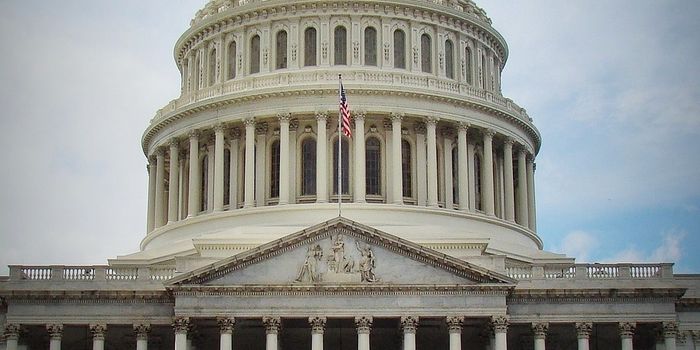CBD Linked WIth Better Quality of Life in Epilepsy Patients
People with epilepsy report better well-being when they self-medicate with cannabidiol (CBD) according to a new study published in the journal Epilepsy & Behavior.
CBD is available as an FDA-licensed prescription medicine called Epidiolex. But medical insurance usually only covers the substantial cost of this drug for those with rare and intractable epilepsy syndromes, such as Lennox-Gastaut syndrome and Dravet syndrome.
On the other hand health stores and pharmacies are piled high with over-the-counter CBD oils and supplements, and it was the usage of these products (coined “artisanal CBD” products) by those with epilepsy that the researchers were interested in.
The epilepsy patients were recruited using social media and Realm of Caring patient registries. Realm of Caring is a nonprofit foundation devoted to cannabinoid therapies, and is sponsored by companies that make CBD products.
The investigators, who had various affiliations, including Johns Hopkins University and Realm of Caring, started out by analyzing 280 surveys returned by epilepsy patients who used CBD, and 138 patients who did not. Follow-up surveys were then sent and returned by 190 participants.
The results found that epilepsy patients using CBD products reported a higher quality of life, including less anxiety and better sleep than patients who did not take the cannabinoid.
CBD-using epilepsy patients also better tolerated their epilepsy medications, and used fewer prescription medications overall.
However CBD did not have any significant impact on seizure control. This was hard to measure though, as both CBD and non-CBD groups included a high number of individuals who did not have seizures during the study period.
“These findings further emphasize the need for controlled research to determine optimal CBD product types, doses, and concomitant use of other medications that maximize possible clinical benefit while minimizing potential risks,” the investigators reported.
1 in 5 of the survey participants (who were 74 percent white, 55 percent female and average age 21), reported adverse effects from CBD. These included drowsiness and apparent worsening of epilepsy symptoms . Parents also had concerns over the cost of CBD products and potential legality issues.
Drawbacks to this study include the use of self-reported data, potential selection bias and a lack of control over CBD products used. Studies have regularly also highlighted concerns about CBD products not containing what they say on the label).
Sources: Marijuana Moment, Epilepsy and Behavior









